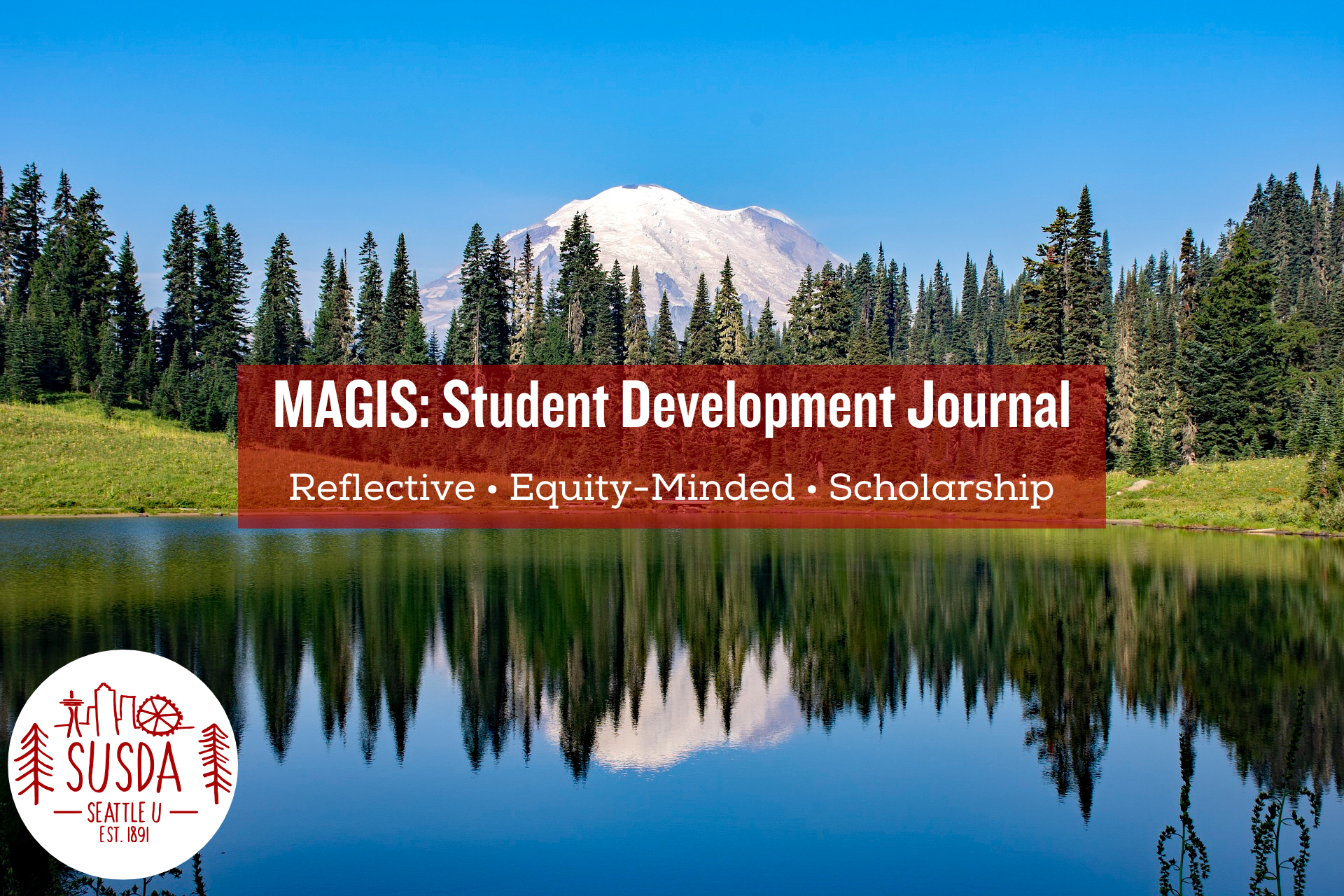
Abstract
This paper highlights best practices of key transition and mentorship programs from around the nation. Three of the programs examined are facilitated nationally including TRIO, Upward Bound, and GEAR UP. The fourth program, the PUENTE Project, is operated at the state level in California. Each program’s history and service model have been examined as well as the best practices and areas of improvement for the program. Throughout this study, student services in addition to social and cultural capital possessed by underrepresented students are emphasized. Professionals across various industries may say that there are too many programs with similar missions and foci. However, this paper and the explanation of four unique programs provide evidence that the subtle differences between these programs make them relevant and valuable to each program’s specific population. The movement towards college access equity is the key theme throughout the services offered by the programs highlighted in this paper. College access for underrepresented students remains a core issue in the United States. In order for this issue to be addressed appropriately, underrepresented students need resources and capital to navigate the higher education system. Transition and mentoring programs provide these needed tools.
Recommended Citation
Staley, Simone-Calais; Jackson, Lakeisha; Navarro Benavides, Victoria; and Reyes, Jasmine
(2014)
"College Access and Success: Transition and Mentorship Programs,"
MAGIS: Student Development Journal: Vol. 8, Article 24.
Available at:
https://scholarworks.seattleu.edu/magis/vol8/iss1/24

